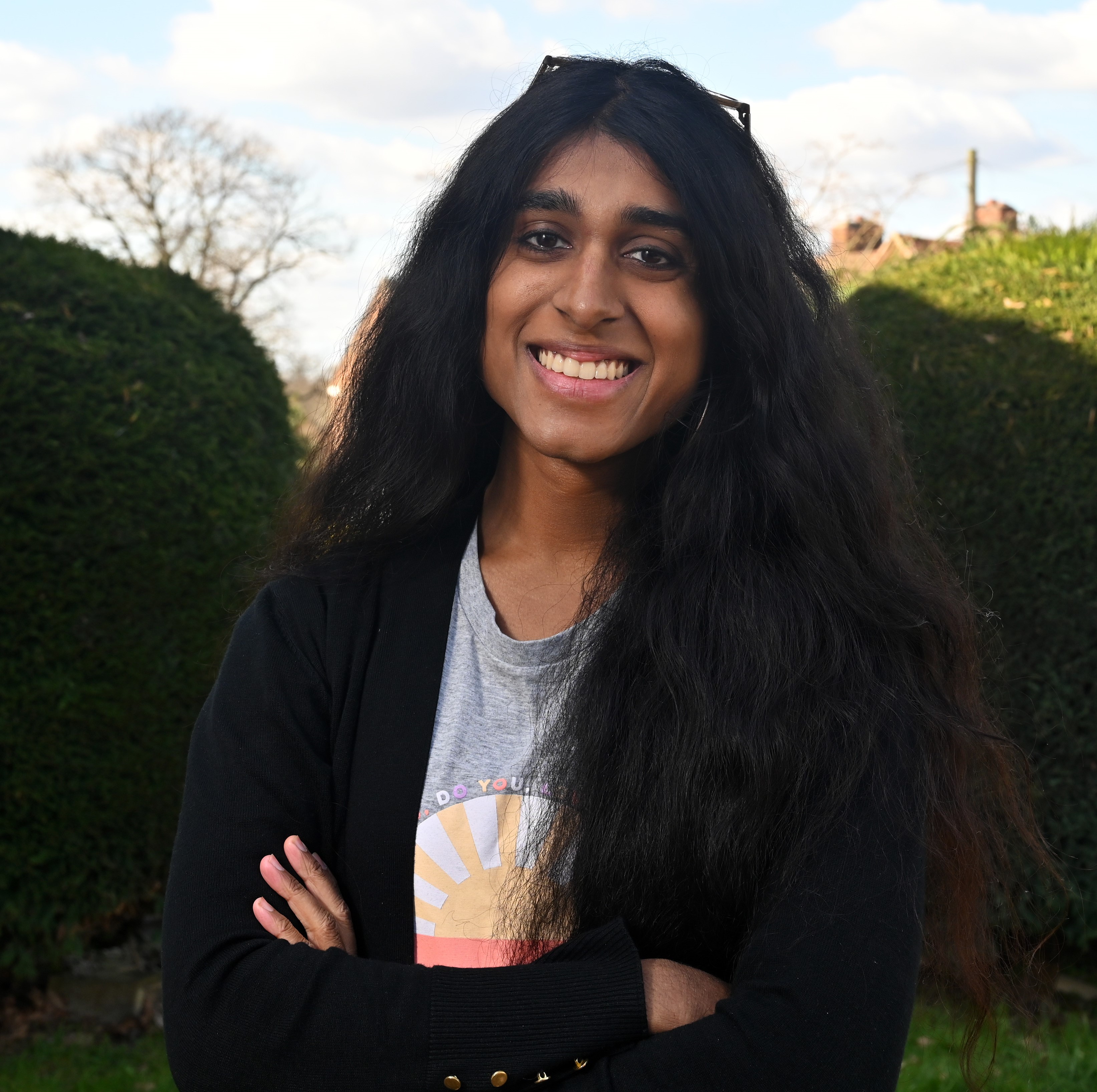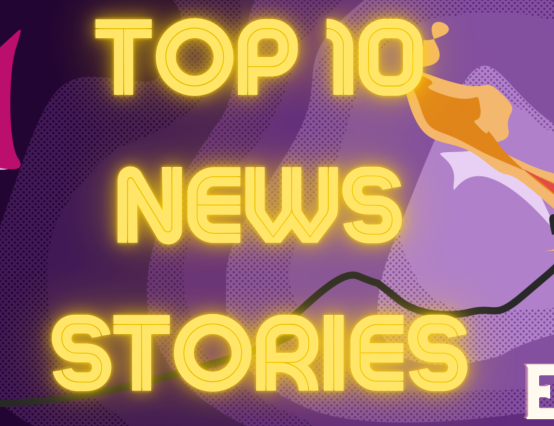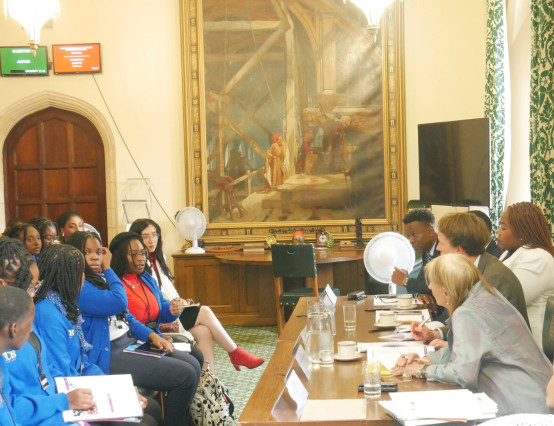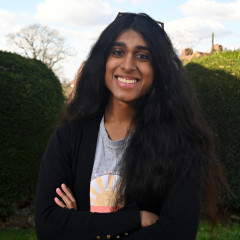 Could you first introduce yourself to the reader?
Could you first introduce yourself to the reader?
Hi! My name is Jeevan Ravindran, I’m 23 years old and I’m a Youth Forum Member for the G7 Summit this year, as part of the Health Track. I’m also a journalist, presenter, activist, and sometimes I dabble in a bit of acting!
Tell us a little about your background?
I grew up between the UK and Sri Lanka, and I’m British Tamil. I graduated last year as part of the infamous class of 2020 with a degree in French and Spanish from the University of Oxford. In my journalistic career, I’ve worked at Reuters in Paris and Madrid, Insider, Inc. and CNN in London, and have also freelanced for numerous publications. I also hosted my own radio show on BBC Asian Network. I’m also very passionate about human rights activism and have focused my work on homelessness in the UK and issues of inequality around the world.
What inspired you to join the Y7?
I joined the Y7 because I wanted to create change, and I felt frustrated by the powerlessness I felt. I wanted to do something, but I needed direction. In my previous work with homelessness charities and human rights organisations, I’ve always been inspired by the activists around me and how fearless they are in the work they do – and I wanted to take that passion and try to improve my understanding of policy and decision-making at the highest level.
Why is the Y7 important to you?
As young people, we often have lofty ambitions but sometimes run out of steam when we see our governments and our leaders ignoring us or moving in the opposite direction. The Y7 is a chance for young leaders to come together and pursue a collective aim to produce concrete policy recommendations that go straight to the leaders’ meetings – and that’s invaluable.
What does a typical day as a Youth Forum Member/Health track media representative look like?
This is a tough question! I’d have to say there really is no typical day, as every day is different and the tasks we’ve undertaken have varied hugely at each step of the process. We’ve interacted with and advised delegates on certain policy recommendations, worked together with the wider youth forum across multiple tracks to make sure our voices are heard, attended counsellor meetings with Sir Jeremy Farrar, and hosted roundtable discussions and focus groups. As one of the media representatives, I’ve also helped write an op-ed on mental health, which should hopefully be released soon!
Are there any particular developments you hope to see in the future? If so, what are they?
As someone with many ties in the Global South, I would really like to see more commitment from the G7 when it comes to foreign aid. The UK slashing its aid budget for this year was a disappointing move and I hope this will be reversed. Vaccine inequality is also proving to be a huge issue this year and I urge G7 leaders to avoid devastation in the Global South and provide the vaccines that are desperately needed given the surplus we have. Furthermore, I hope to see an overhaul of housing and homelessness policy throughout the G7, particularly as many people are now worried about being forcibly evicted after the pandemic, and rough sleeping continues to be criminalised in many areas.
What’s been the most significant moment on your journey so far?
As youth forum members, we bring our lived experiences to the table and use them to help inform delegates’ policy recommendations – so part of the process was presenting these to the delegates. Having the chance to use my own experience of mental health difficulties and the UK system to influence policy recommendations was a truly special moment. And of course, getting to know and interact with so many amazing young people!
How can young people become more involved with social change?
There are endless opportunities for young people to become involved, but I think social change starts at a grassroots level. Taking the time to commit to understanding a social issue and investigating whether there are any opportunities to get involved is a great way to start. For example, I got involved with homelessness activism at university and then became the chair of the official campaign. This led to me getting to know numerous people experiencing homelessness in Oxford, and their voices informed our work. I think that’s the most important thing – always keep the people you’re trying to help at the forefront of what you’re doing.
Do you have any advice for young people interested in sharing their youth voice?
My advice would be to take the time to introspect and think about how you can keep your intentions honest and really create change. So much of the activism we see today is performative, but so much of it is courageous too. A great way to get started is to find your crew – find people who are as passionate about speaking out as you are, who are interested in tackling the same problems – because they’re out there and they’ll make it easier on you. And lastly, never be afraid to ask for advice, because we’re all learning as we go.







0 Comments